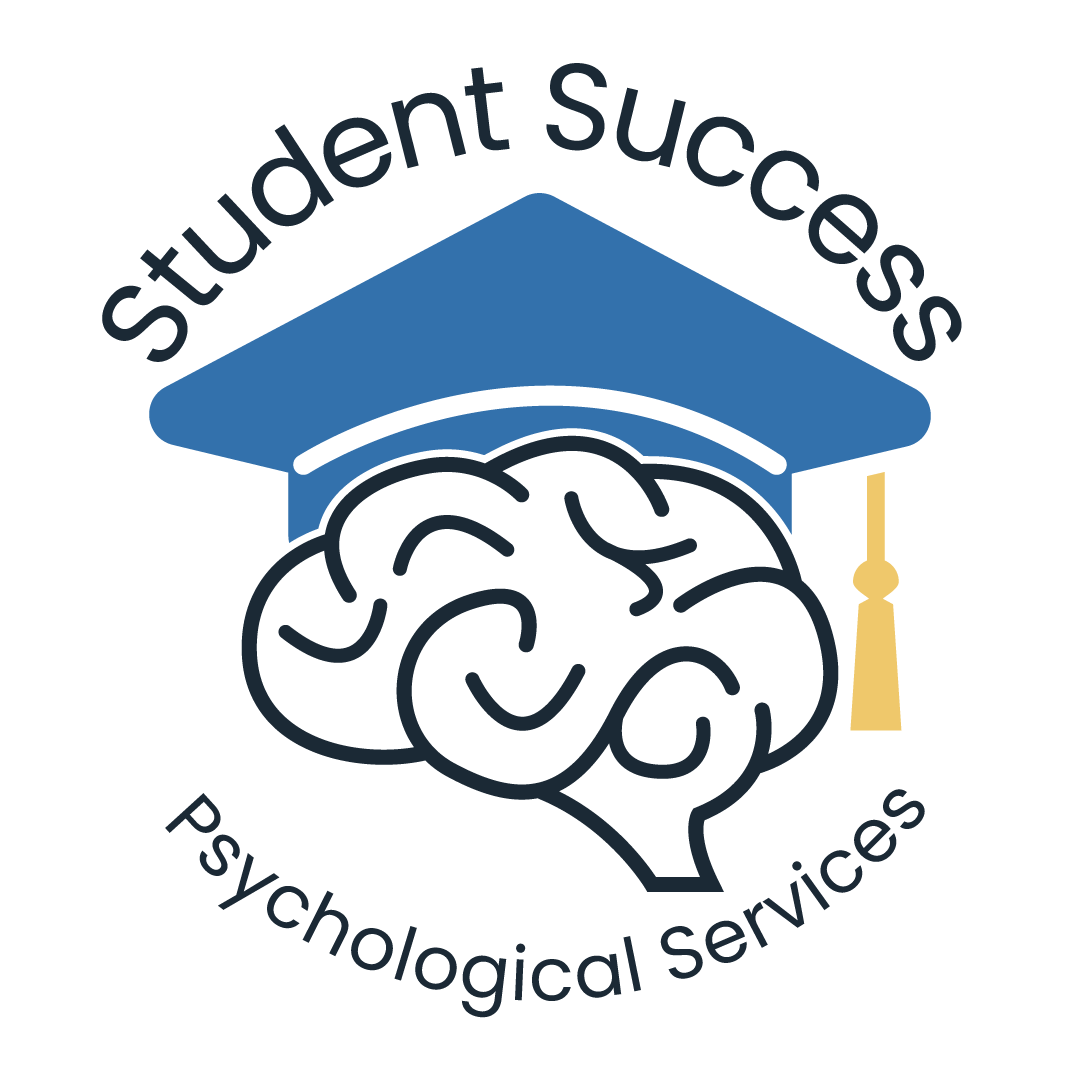Solution-Focused Brief Therapy (SFBT) for College Students
According to a study published in the Journal of American College Health, college students who received Solution-Focused Brief Therapy (SFBT) experienced significant reductions in anxiety (Novella et al., 2020). Participants in the study included 49 undergraduate students seeking counseling for mild to moderate anxiety. The students were asked to complete self-report measures of anxiety before, during, and after SFBT. When comparing the effectiveness of in-person versus online delivery of SFBT, the authors found no significant differences in effectiveness. This article provides additional evidence supporting the use of SFBT as a treatment approach and online as a delivery method when treating college students with mild to moderate anxiety.
What is Solution-Focused Brief Therapy (SFBT)?
Solution-Focused Brief Therapy, also known as SFBT, is a practical and efficient approach to counseling that has proven to be effective in treating a number of different problems, including anxiety and stress. SFBT is a commonly used, short-term treatment that involves working together to identify personal strengths and goals and solve problems.
Assumptions
Change is constant and certain
Focusing on the possible and changeable is more helpful than focusing on the impossible and unchangeable
Individuals have the resources and strengths needed to solve their problems
Small steps can lead to big changes
Individuals seeking counseling are the experts of their own experiences
No problem happens all of the time
If it’s working, do more of it
If it’s not working, do something different
Key Components
Envisioning a more satisfying life: developing a detailed description of what you want your life to look like and the times in your life when at least some parts of this vision have already happened
Setting and clarifying goals: collaboratively creating personally meaningful, realistic, achievable, concrete, specific, and positively stated (the presence of something rather than the absence of something) goals
Highlighting positives: reflecting on personal successes and identifying people, actions, and abilities that have been helpful when solving previous problems
Focusing on the present and future: determining what is already working and how you would like your life to be different
Fostering internal strength and resources: identifying current coping skills by reflecting on how you overcome problems and what contributes to your resiliency
Taking action to achieve individual goals: outlining specific, practical steps to reach your goals and doing more of what has previously worked and/or what is currently working
Monitoring progress: regularly reviewing the severity of the problem, your ability to achieve your goals, and the distance from reaching your goal and identifying what needs to happen to maintain or increase your progress
Core Questions
If a miracle happened during the night while you were sleeping and the next day your problems were solved, what would be different?
What else will happen after this miracle has occurred?
When have some parts of this miracle already occurred? What was different about these times?
If you pretended that the miracle happened, what would be the first small thing you would do?
On a scale of 0 (worst) to 10 (best), where are you right now? What are you going to be doing when you move up a number on the scale?
Student Success Psychological Services is a specialty practice providing online SFBT for college students experiencing anxiety. Click here to learn more.
For more information about SFBT, visit this website: https://solutionfocused.net/
Find the link to the full research article here: https://doi.org/10.1080/07448481.2020.1786101
Novella, J. K., Ng, K. M., & Samuolis, J. (2020). A comparison of online and in-person counseling outcomes using solution-focused brief therapy for college students with anxiety. Journal of American College Health, 1-8.

